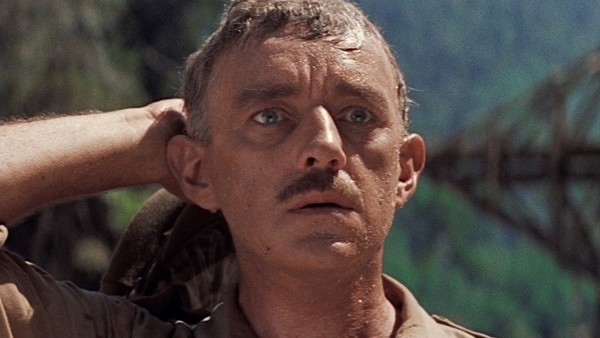10 Oscar Winning Films With Huge Historical Inaccuracies
5. The Bridge On The River Kwai (1957) - PoWs Did Not Collaborate... They Built To Avoid Being Killed

Sam Spiegel's classic World War II film has stood the test of time and is loved by all generations since its release - and such was its success that it received seven Oscars in 1958, for Best Picture (Sam Spiegel), Best Director (David Lean), Best Actor (Alec Guinness), Best Writing/Screenplay Based on Material from Another Medium, Best Music, Best Film Editing and Best Cinematography.
The film's portrayal of Allied Prisoners of War in Japan is captivating and fascinating, yet its depiction of British Commander Colonel Nicholson by Guinness is far from accurate. Nicholson - A.K.A. Lieutenant Colonel Philip Toosey - is shown in the film as becoming so obsessed with maintaining his troop's morale that he urges them to help the Japanese in constructing the Bridge on the River Kwai, before later deciding to destroy the structure after realising it would in fact aid the enemy.
In reality, however, Toosey was not obsessed with building the bridge on the Thai-Burma railway, but in fact he knew that co-operating with the Japanese and assisting them with construction would ensure he kept his fellow officers alive. Critics argue Toosey's reputation is tainted by the implication he actively helped the Japanese, when actually his intentions were noble.